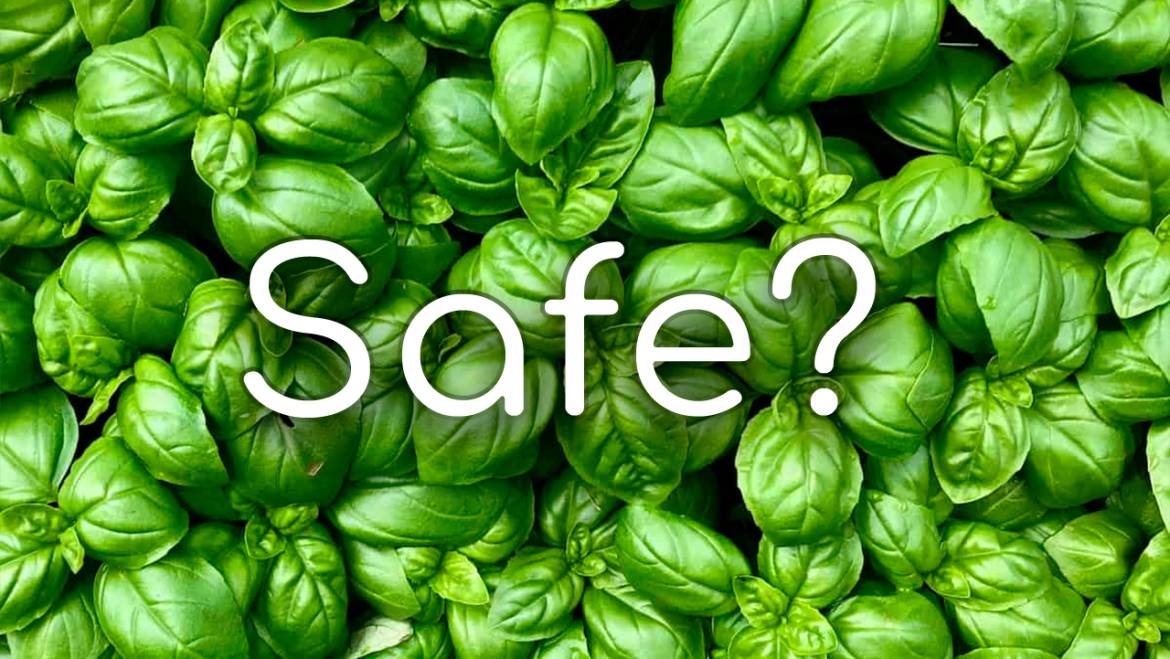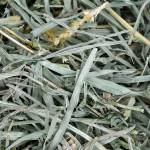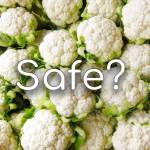Chinchillas are herbivorous animals and have a diet that consists mainly of hay, pellets, and fresh vegetables. However, when it comes to feeding them fresh produce, not all fruits and vegetables are safe for their consumption. In this article, we will explore the question of whether chinchillas can eat basil, a popular culinary herb that is often used in salads, pasta dishes, and other recipes. We will examine the nutritional benefits of basil, potential risks associated with feeding it to chinchillas, and how to incorporate basil into your chinchilla’s diet in a safe and healthy way.
Nutritional Value of Basil for Chinchillas
Basil is a popular herb that is known for its distinct aroma and flavor. It is a rich source of vitamins and minerals, including vitamin K, vitamin A, vitamin C, calcium, and iron. In addition to these essential nutrients, basil also contains antioxidants and anti-inflammatory compounds that can promote good health and help prevent diseases.
Feeding Basil to Chinchillas
While basil is safe for human consumption, it is not a recommended food for chinchillas. Chinchillas have delicate digestive systems, and certain foods can cause digestive upset or even lead to serious health problems. Basil is a herb that contains a high amount of calcium, which can be harmful to chinchillas if consumed in excess. Too much calcium in their diet can lead to bladder stones, which are painful and potentially life-threatening.
If you want to give your chinchilla a treat, it’s important to choose foods that are safe for their consumption. Safe treats for chinchillas include small amounts of fresh fruits and vegetables such as apples, pears, carrots, and kale. Always introduce new foods gradually, and monitor your chinchilla for any signs of digestive upset such as diarrhea, bloating, or lack of appetite.
Alternative Herbs for Chinchillas
If you want to provide your chinchilla with some variety in their diet, there are other herbs that you can offer them instead of basil. Safe herbs for chinchillas include cilantro, parsley, dill, and rosemary. These herbs are low in calcium and can provide your chinchilla with some nutritional benefits and a tasty treat.
Incorporating Herbs into Your Chinchilla’s Diet
If you decide to offer your chinchilla herbs, it’s important to do so in moderation. While herbs can provide some nutritional benefits, they should not be a significant part of your chinchilla’s diet. Instead, they should be offered as an occasional treat in small amounts.
When offering herbs to your chinchilla, make sure they are fresh and clean. Wash them thoroughly before offering them to your chinchilla, and remove any wilted or damaged leaves. Offer them in small amounts, and monitor your chinchilla for any signs of digestive upset.
In conclusion, while basil is a nutritious herb for human consumption, it is not recommended for chinchillas. Chinchillas have delicate digestive systems, and certain foods can cause digestive upset or even lead to serious health problems. Too much calcium in their diet can lead to bladder stones, which are painful and potentially life-threatening. Instead, offer your chinchilla safe treats such as small amounts of fresh fruits and vegetables such as apples, pears, carrots, and kale. If you want to provide your chinchilla with some variety in their diet, there are other herbs that you can offer them instead of basil, such as cilantro, parsley, dill, and rosemary. Always introduce new foods gradually, and monitor your chinchilla for any signs of digestive upset. By following these guidelines, you can ensure that your chinchilla’s diet is safe, healthy, and varied.







